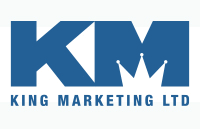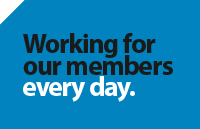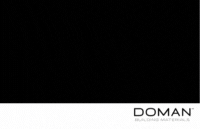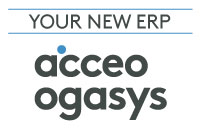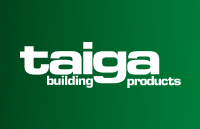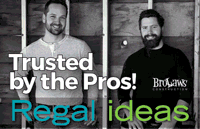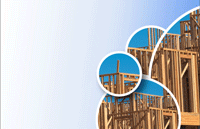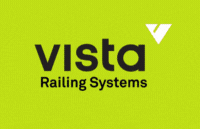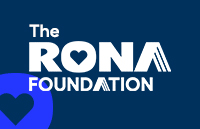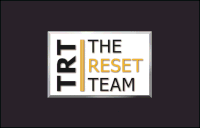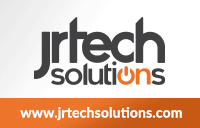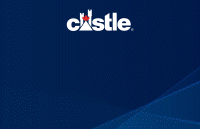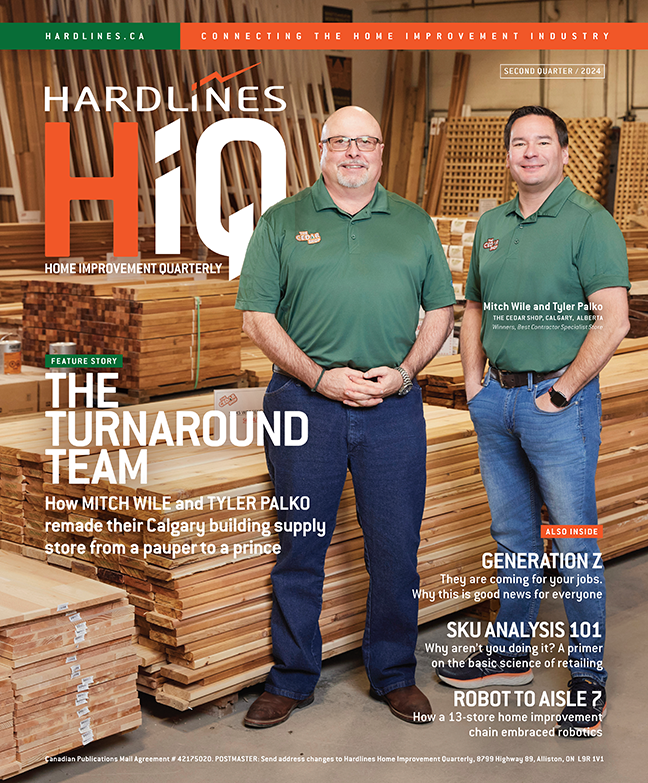 Martina Pileggi is senior director of human resources for the Hillman Group Canada, a fastener producer for the hardware, automotive, plumbing, and electrical markets.
Martina Pileggi is senior director of human resources for the Hillman Group Canada, a fastener producer for the hardware, automotive, plumbing, and electrical markets.
It seems that more people than ever are getting sick from COVID. Statistically, they’re not as likely to end up in the hospital as they did before vaccines. But when they do get sick, they still need to stay home.
So how do companies cope with increased demands for time off? Martina Pileggi, senior director of human resources for the Hillman Group Canada, says staff at her company understand the importance of taking time off, and realize the need to stay home when needed. “Staff are getting it. They use their best judgment to decide to stay home if unwell.”
While paid time off is important, especially for hourly workers, suppliers have been hit by disrupted supply levels that have affected sales volumes, coupled with demand in the marketplace for higher wages. As a result, cash flow can be tight, so suppliers might think twice about a request from HR for more paid time off.
Pileggi says her company has relied on expanded government subsidies to help pay people better and accommodate those sick days. But these will wind down in just a few months. “We’re going to have some challenges in the coming months,” Pileggi said. “When programs go away, we’ve got to look at our policies and determine whether we’re competitive when it comes to sick days.”
If a company does not stay on top of this issue, it could be at a real disadvantage. “People will start coming to work sick. So far, we’ve done a really good job keeping that at bay. But when people’s income is in jeopardy, people will come in sick.”
People’s attitudes toward the pandemic are evolving, especially in light of the increasing infectiousness of the latest variants. As individuals are adjusting, Pileggi has been working with her HR team to focus on a change of mindset as well. She personally has had to let go of the overriding mandate to try and keep everyone safe. “It’s crazy. You’ve got to move on at some point. I’m trying to get the team to go through that mindset change and do things a little differently.”
For one thing, she believes the hybrid model of work is here to stay. Some people on your team may look forward to being back in the office, but they don’t have to come in every single day. “It’s my belief that it’s the right thing to do, not only for safety reasons, but just in general. It’s 2022. We need to be more with it. So that’s not going away.”
For those staffers who are coming back, Pileggi says it’s up to her and her team to make sure employees do so in a safe and healthy fashion. “Now we’re on the cusp of writing the next chapter for Hillman Canada and I’m excited about that.”















